
By Sunwarrior: Last edited 10-01-2024
Boost weight loss and detox naturally with a Lymphatic Diet! Learn how the right foods can flush toxins, reduce bloating, and keep your lymphatic system healthy.
Swollen ankles and puffy fingers are not just uncomfortable and less-than-flattering, but they can also be a sign of your lymphatic system not working properly, which can be helped through a healthy lymphatic diet. The lymphatic system is often overlooked when it comes to diet and wellness, but it plays a critical role in maintaining your health, particularly in relation to immune function, detoxification, and even weight management.
The idea of a "lymphatic diet" as well as lymphatic drainage through massage have gained traction as a way to stimulate this system, helping the body rid itself of toxins, improve fluid balance, and potentially aid in weight loss.
So if you’ve ever wondered what the lymphatic system is, how it impacts weight loss, and the best dietary choices to keep it functioning optimally, keep reading!
What is the Lymphatic System?
The lymphatic system is a network of tissues, vessels, and organs that work together to move lymph—a fluid containing white blood cells—throughout the body. Its primary roles include:
Immune response
Lymph carries immune cells that help the body fend off infections and other diseases.
Fluid balance
It helps regulate the body's fluid levels by absorbing excess fluid from tissues and returning it to the bloodstream.
Detoxification
The lymphatic system filters out toxins, waste, and other unwanted materials.
Because of its detoxifying and regulatory roles, a sluggish or inefficient lymphatic system can contribute to issues like swelling, fluid retention, and inflammation, which are linked to weight gain or difficulty losing weight.
How Does the Lymphatic System Affect Weight Loss?
The lymphatic system plays a crucial role in metabolizing fats. When it is not functioning optimally, the body's ability to break down and eliminate fat is compromised. Poor lymphatic drainage can lead to fat accumulation and contribute to water retention and bloating, making weight loss more difficult. Moreover, a congested lymphatic system can slow metabolism, as it hinders the removal of toxins that might otherwise disrupt normal metabolic processes.
While a balanced diet and exercise are essential for weight loss, paying attention to your lymphatic health can amplify these efforts by improving how efficiently your body processes and eliminates fat. Some researchers even suggest that enhancing lymphatic flow may help reduce cellulite, as poor lymph drainage can contribute to fat storage and skin irregularities.
Key Principles of the Lymphatic Diet for Weight Loss

The lymphatic diet focuses on eating foods that support detoxification, reduce inflammation, and improve lymphatic flow. Here are some key components of this diet:
Hydration
The lymphatic system relies heavily on water. Lymph fluid is about 95% water, so staying well-hydrated is crucial for maintaining its flow. Dehydration can slow the movement of lymph and lead to stagnation, causing bloating and water retention. To keep your lymphatic system functioning optimally, aim to drink at least 8-10 cups of water a day. Some experts suggest adding a pinch of natural sea salt or a squeeze of lemon to improve hydration.
Incorporating Healthy Fats
Healthy fats, particularly omega-3 fatty acids, can help reduce inflammation and support overall lymphatic function. Omega-3s are known for their anti-inflammatory properties, and reducing inflammation can help unclog the lymphatic system and support better fat metabolism. Sources of healthy fats include:
- Flaxseeds and chia seeds
- Walnuts
- Avocados
These fats help promote lymph flow by supporting cell membrane health and reducing tissue inflammation .
Antioxidant-Rich Foods
Antioxidants help protect the body from oxidative stress, which can compromise lymphatic function. By eating a diet rich in antioxidant-heavy fruits and vegetables, you can help your lymphatic system stay healthy and clear of congestion. Some great sources include:
- Berries (blueberries, raspberries, strawberries)
- Leafy greens (spinach, kale, arugula)
- Citrus fruits (lemons, oranges, grapefruit)
- Green tea
Polyphenols and vitamins, particularly vitamin C and vitamin E, are essential for keeping the lymphatic system functioning well and for boosting the immune system, further aiding weight loss .
Fiber for Detoxification
A high-fiber diet helps cleanse the digestive system, which indirectly supports the lymphatic system by ensuring that waste products are eliminated efficiently. Fiber helps to bind and remove toxins, heavy metals, and excess hormones from the body, preventing them from re-entering the bloodstream and congesting the lymph. Foods rich in fiber include:
- Whole grains (brown rice, quinoa, oats)
- Legumes (lentils, chickpeas, black beans)
- Vegetables (broccoli, carrots, beets)
- Fruits (apples, pears, prunes)
The liver and digestive system work closely with the lymphatic system in detoxifying the body, so consuming sufficient fiber is crucial for maintaining overall lymphatic health .
Reducing Processed Foods and Sugars
Processed foods, especially those high in sugar, can contribute to inflammation, water retention, and slow lymphatic drainage. Foods with artificial additives, preservatives, and trans fats can burden the body, causing lymphatic congestion and making weight loss more challenging. Instead, opt for whole, minimally processed foods that nourish the body without adding extra toxins .
Exercise and Movement to Support Lymphatic Function
While diet plays a significant role in lymphatic health, movement is equally important. Unlike the cardiovascular system, which has the heart to pump blood, the lymphatic system relies on muscle movement to keep lymph fluid moving. This is why regular exercise, particularly activities like walking, rebounding (bouncing on a mini-trampoline), yoga, and swimming, can be incredibly beneficial for lymphatic health.
Deep breathing exercises can also stimulate lymphatic flow. By engaging the diaphragm, you create a natural pump that helps push lymph through the system.
Foods to Include in a Lymphatic-Friendly Diet
Here’s a quick list of specific foods that support lymphatic health and may aid in weight loss:
Mushrooms
Mushrooms, specifically maitake, are adaptogens that have been in many studies over the last 30 years for their medicinal properties and health benefits. They support the body's natural detoxification process and can improve lymphatic drainage.3
Cucumbers
High in water content, they help with hydration and lymphatic flow.
Cranberries
Known for their detoxifying properties, cranberries help cleanse the lymphatic system.
Ginger
Helps with lymphatic drainage by boosting circulation and digestion.
Garlic
A natural antibiotic and anti-inflammatory food, garlic helps break down toxins and supports lymphatic function.
Turmeric
Its active ingredient, curcumin, has potent anti-inflammatory effects that can help reduce lymphatic congestion.
For more information, check out the 10 foods to boost the lymphatic system.
The lymphatic system plays a pivotal role in overall health, and supporting it through a well-balanced diet can help enhance weight loss efforts. The key principles of the lymphatic diet—staying hydrated, consuming healthy fats, eating antioxidant-rich foods, increasing fiber intake, and reducing processed foods—are designed to improve lymphatic function, promote detoxification, and reduce inflammation.
By following these guidelines and incorporating regular physical activity, you can help your body function more efficiently, improve metabolism, and achieve your weight loss goals.
Adopting a lymphatic-friendly diet is not only about weight loss but also about enhancing overall well-being, ensuring your immune system, detox pathways, and fluid balance are in optimal working condition.
- https://www.ncbi.nlm.nih.gov/pmc/articles/PMC5629116/#:~:text=Therefore%2C%20diet%2Dinduced%20weight%20loss,patients%20with%20reduced%20lymphatic%20drainage.
- https://pubmed.ncbi.nlm.nih.gov/24369916/
- https://www.ncbi.nlm.nih.gov/pmc/articles/PMC9763630/











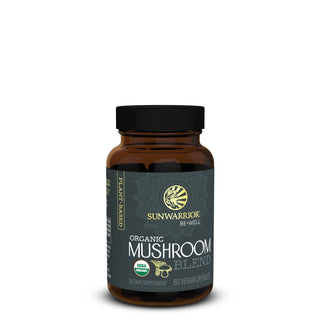
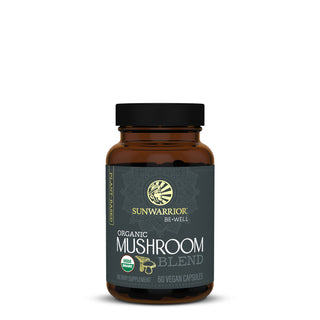
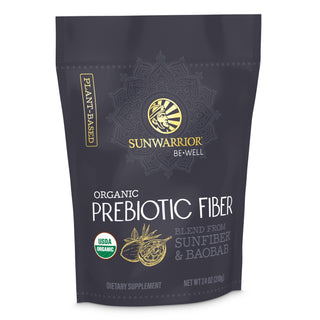
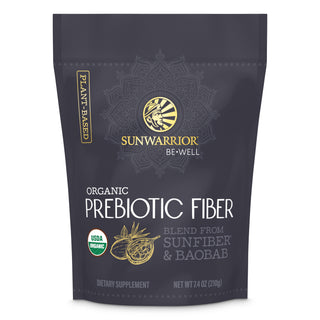
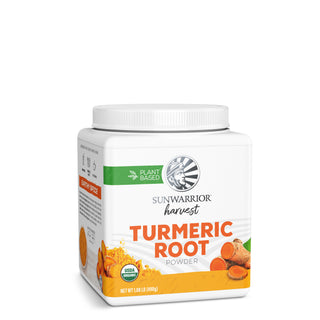
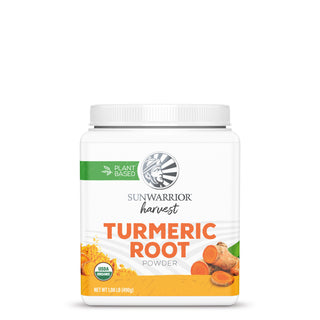





COMMENTS
Susan Breen
at last info that im sure will help me, thank you.